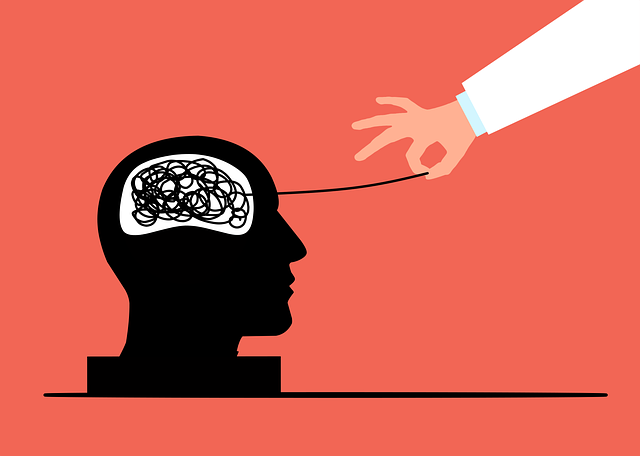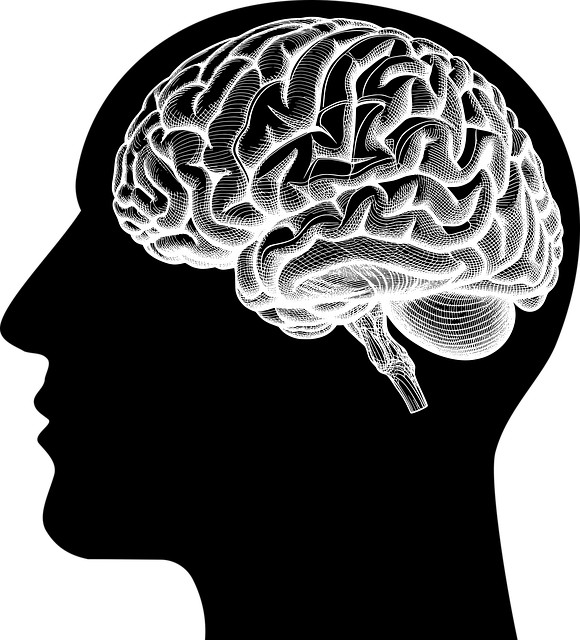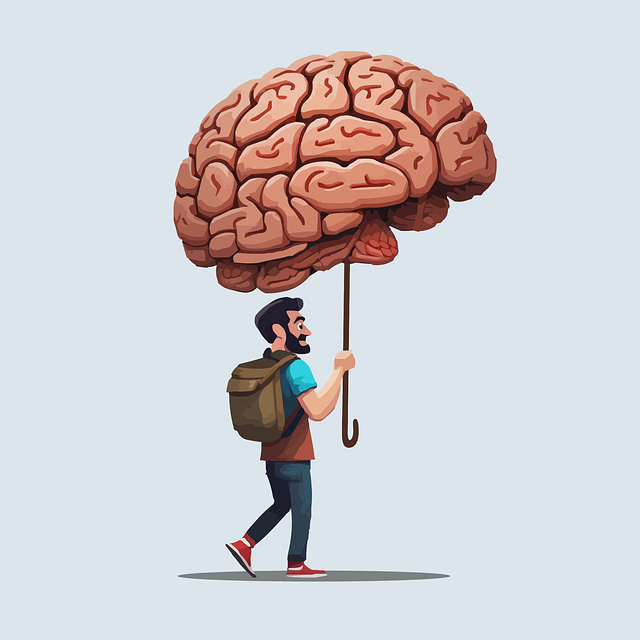Emotional Intelligence (EI) is crucial for elderly parents' well-being and relationships, addressing challenges like isolation, cognitive changes, and grief. Tailored therapy, such as Cognitive Behavioral Therapy (CBT), enhances EI through skills like stress management, self-care, and mental health assessments, improving their interactions with family and healthcare providers. Practices like journaling and mindfulness meditation support EI development, benefiting elders' roles as pillars of support in their families and communities. Therapy for Elders Parenting Skills leverages EI to foster empathy, break intergenerational communication barriers, and enrich both seniors' and families' lives.
Emotional intelligence (EI) is a powerful tool for enhancing relationships, particularly within families. As our population ages, understanding and cultivating EI becomes increasingly vital, especially in the context of elderly parents’ care. This article explores the impact of EI on aging populations, delving into strategies to overcome barriers and improve emotional well-being. We discuss effective therapy techniques and skill development programs tailored for elders, focusing on practical applications to empower caregivers with enhanced parenting skills through empathy and self-awareness.
- Understanding Emotional Intelligence and its Impact on Elderly Parents
- Identifying Barriers to Emotional Intelligence in Aging Populations
- Strategies for Enhancing Emotional Intelligence through Therapy and Skill Development
- Practical Applications: Building Better Parenting Skills with Empathy and Self-Awareness
Understanding Emotional Intelligence and its Impact on Elderly Parents

Emotional intelligence (EI) is a powerful tool for enhancing relationships and well-being, especially among elderly parents who often face unique challenges. Understanding EI involves recognizing and managing one’s own emotions, as well as empathizing and responding appropriately to others’ emotional states. For elderly parents, this can significantly improve their interactions with family members and healthcare providers.
Building EI skills through therapy for elders parenting can lead to better stress reduction methods and enhanced cultural competency among healthcare providers. By learning effective communication strategies and emotional healing processes, elderly parents can navigate the complexities of aging with more resilience. This, in turn, fosters a sense of belonging and connection, mitigating potential isolation and improving overall quality of life. Moreover, healthcare provider training in cultural competency ensures that elders receive care that respects their unique needs and experiences.
Identifying Barriers to Emotional Intelligence in Aging Populations

As individuals age, several barriers can impact the development and expression of emotional intelligence (EI). These include cognitive changes, physical health issues, and social isolation, which are prevalent in older populations. Many elders, especially those living alone or with reduced mobility, may struggle to engage in activities that foster EI growth, such as social interactions and self-reflection exercises. The loss of loved ones is another significant factor, as it can lead to feelings of grief and loneliness, hindering their ability to connect with others emotionally.
Additionally, intergenerational differences play a role, particularly when it comes to communication styles. Younger family members might not always recognize or understand the emotional cues of aging relatives, leading to miscommunication and potential conflicts. Therapy for elders can offer valuable tools to enhance EI, such as improving parenting skills across generations. Incorporating self-care practices and stress management techniques into daily routines is essential for maintaining and cultivating emotional intelligence in older adults. A comprehensive risk assessment for mental health professionals is crucial to addressing these barriers effectively.
Strategies for Enhancing Emotional Intelligence through Therapy and Skill Development

Enhancing emotional intelligence (EI) is a multifaceted process that can significantly improve one’s personal and professional life. For elders, therapy plays a pivotal role in developing EI by providing a safe space to explore and understand their emotions. Through cognitive-behavioral therapy (CBT), for instance, individuals can learn to challenge negative thought patterns and develop healthier emotional responses. This is particularly beneficial for those navigating the complexities of aging, as it fosters resilience in the face of life’s challenges.
Incorporating practices like journaling, mindfulness meditation, and other mental wellness exercises into daily routines further bolsters EI development. Journaling, for example, encourages self-reflection and allows individuals to track their emotional patterns over time. Similarly, mindfulness meditation enhances the ability to stay present and attentive to one’s feelings, a crucial aspect of effective communication and empathy—essential skills for elders who often serve as pillars of support in their families and communities. These strategies combined offer a holistic approach to building EI, ensuring that both cognitive and emotional dimensions are nurtured.
Practical Applications: Building Better Parenting Skills with Empathy and Self-Awareness

Emotional intelligence (EI) plays a pivotal role in enhancing relationships and overall well-being, especially for elders navigating therapy. One of the practical applications of EI is improving parenting skills among older adults. Empathy and self-awareness are powerful tools that can transform interactions with children and grandchildren. Elders can learn to recognize and understand their own emotions, enabling them to manage stress effectively. This, in turn, fosters positive thinking and creates a more harmonious environment for nurturing relationships.
By cultivating empathy, elders can connect more profoundly with younger generations. They become attuned to the feelings of others, allowing them to respond sensitively rather than react impulsively. Empathy building strategies, combined with self-awareness, help in breaking down communication barriers and strengthening bonds. These skills are invaluable in today’s world where intergenerational connections are often challenged by busy lifestyles and technological distractions. Through therapy for elders parenting skills, emotional intelligence becomes a game-changer, enriching both the lives of seniors and their families.
Emotional intelligence plays a pivotal role in enhancing the quality of life for elderly parents, fostering stronger connections within families. By understanding and addressing barriers specific to aging populations, we can significantly improve their emotional well-being. Therapy and skill development offer powerful tools, such as empathy training and self-awareness exercises, tailored to the unique needs of elders. These strategies not only strengthen parenting skills but also create more fulfilling interpersonal dynamics. Through practical applications, we empower older adults to navigate life’s challenges with greater resilience and love, ensuring a brighter future for both them and their families. Implementing these insights can revolutionize how we support elderly parents, making therapy for elders’ parenting skills more accessible and impactful.














